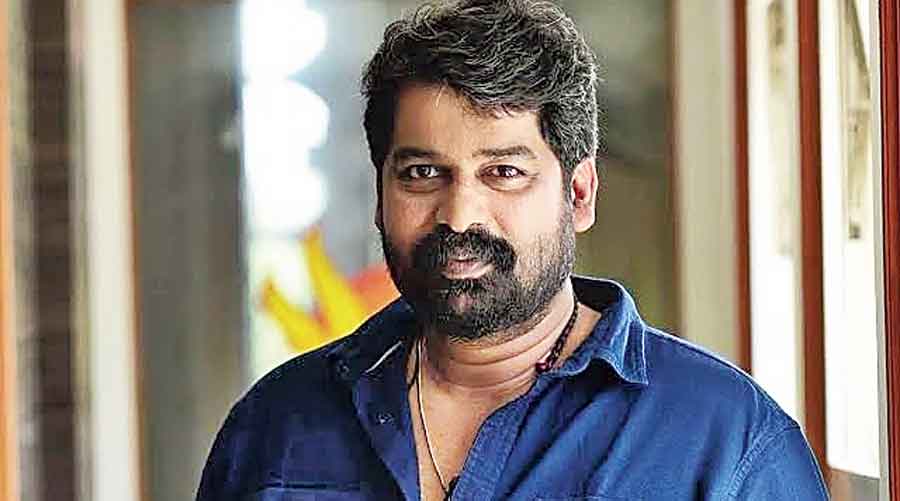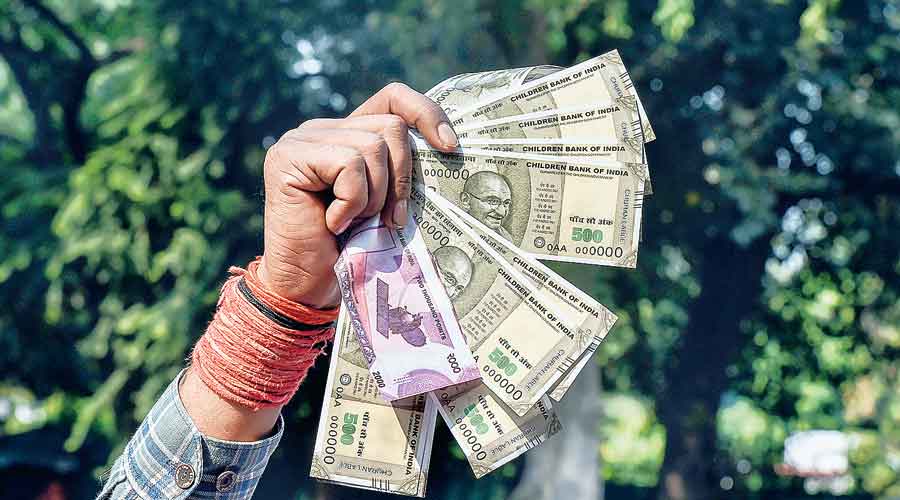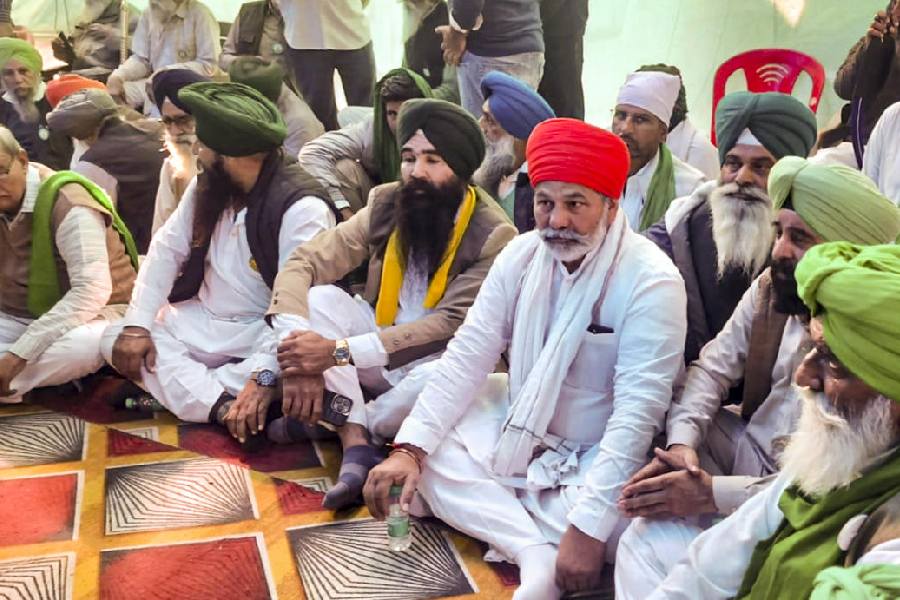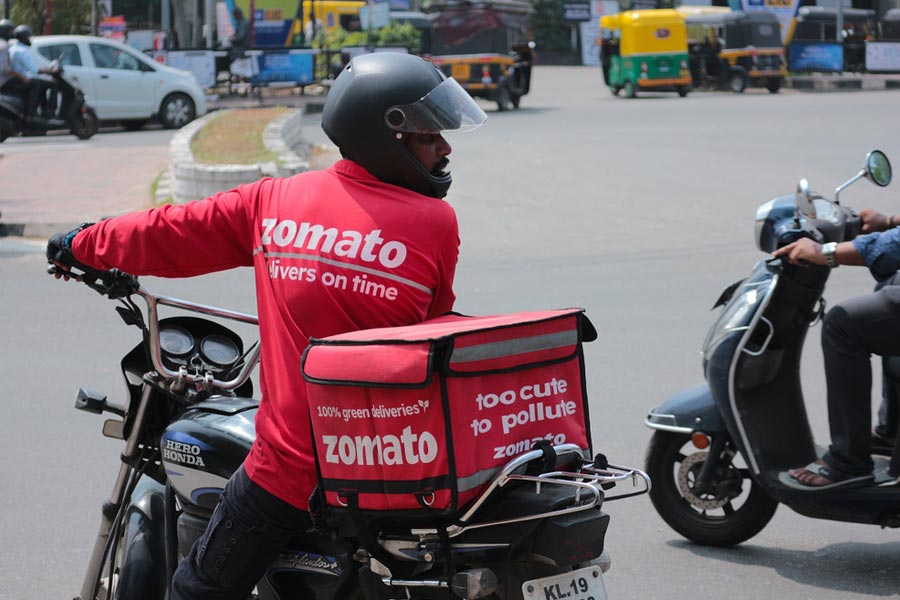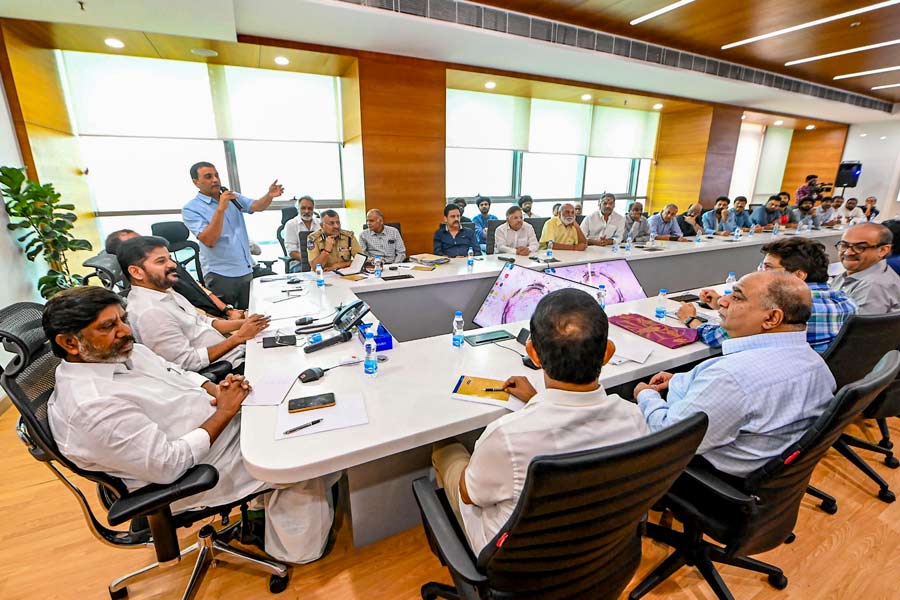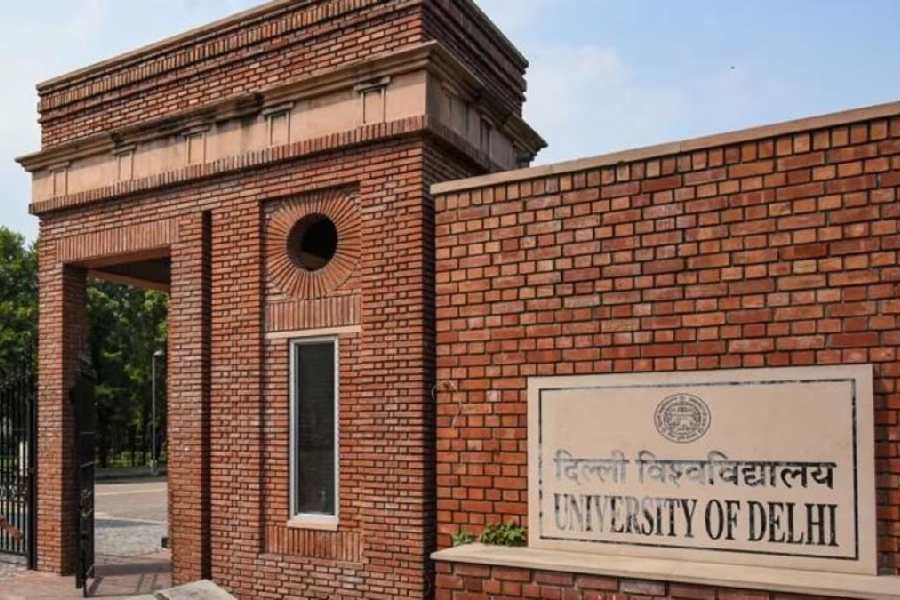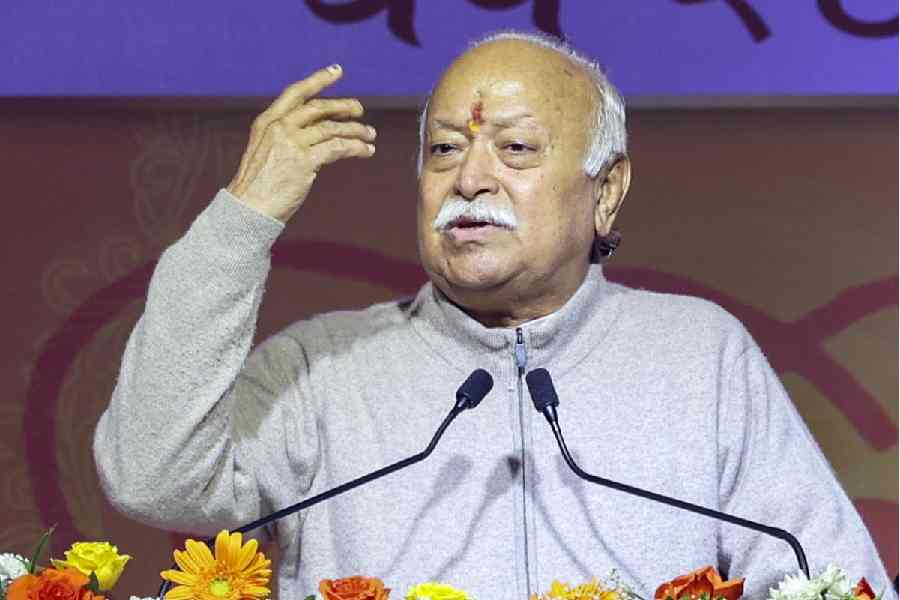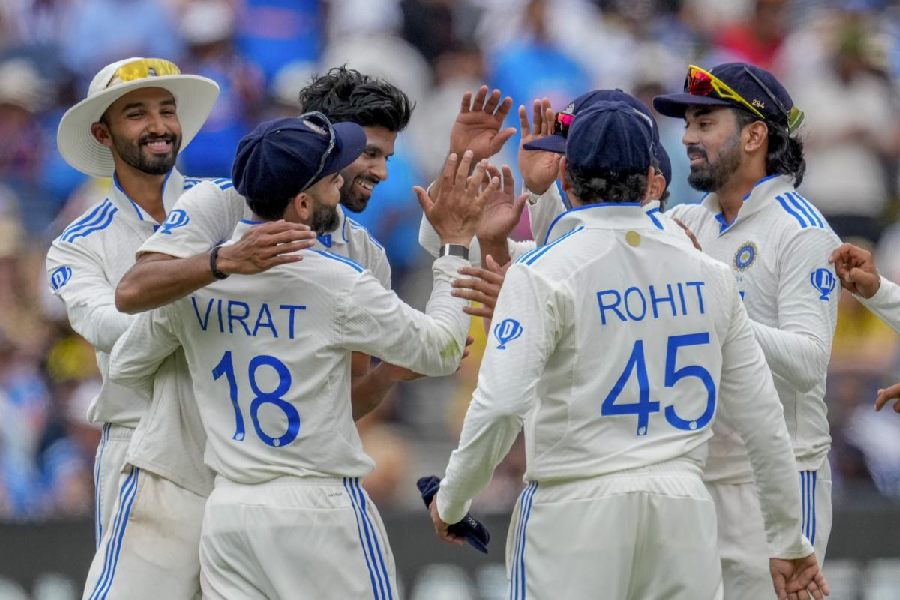The Congress is the new disruptor for the Malayalam film industry just when it is trying to emerge from the Covid pandemic that saw tens of projects being either shelved or delayed.
A protest over fuel prices that turned ugly when a Malayalam actor questioned Congress workers blocking a main road in Kochi 10 days ago has snowballed into a controversy with party activists holding up film shoots for several hours at two places.
It all started when actor Joju George questioned the rationale behind a Congress blockade of the busy Edapally-Vytilla bypass in Kochi city on November 1. After being stranded in his car for about 45 minutes along with other vehicles, an angry George had stepped out and admonished the party workers.
He had later clarified that he intervened only after a stranded family taking an aged person for chemotherapy in an autorickshaw requested his help since they were getting late for their appointment. Television footage showed George angrily interacting with the Congress workers and asking them to let the traffic flow.
A late bloomer, George is a critically acclaimed actor known for his recent films such as Joseph and Nayattu (Hunt), in both of which he portrayed a traumatised policeman.
The Congress workers smashed the rear windshield of George’s Land Rover Defender SUV. The party accused him of being drunk when confronting the Congress workers.
But George, who insisted he gave up drinking five years ago, proved he was sober by getting his blood sample tested and filed a case against the Congress workers for causing damage worth Rs 6 lakh to his car. He has deactivated all his social media accounts following intense cyber bullying from Congress backers. George has proclaimed that he belongs to a “Congress family”.
Police booked 15 Congress workers, including former Kochi mayor Tony Chammany and several Youth Congress leaders, six of whom have so far been arrested under non-bailable sections and remanded in judicial custody.
An industry source said Ernakulam district Congress president Mohammed Shiyas, under whose leadership the roadblock was held on November 1, was peeved at George for rebuffing his offer for a settlement if the complaint was withdrawn. “The disruptions started when Joju (George) turned down the offer to patch up,” said the source.
With George refusing to withdraw his complaint, a section of the Congress turned against the Malayalam film industry and disrupted filming at two locations on Sunday and Monday.
Youth Congress workers marched to the location where Kaduva (Tiger) was being filmed at Mundakkayam in Kottayam on Sunday. Another group of Youth Congress workers arrived and objected to the disruption, leading to a clash between the two factions. The police brought the situation under control.
Congress workers struck again, this time at the location of Keedam in Kochi on Monday. They marched to the location shouting slogans against George and the Malayalam film industry before jostling with the police deployed at the spot.
Filming had to be halted for several hours on both occasions. George is not said to be part of either film.
Senior Congress leader and Lok Sabha member K. Muraleedharan on Tuesday said protesters could march to shooting locations of George. “There could be protests at Joju George’s shooting locations. But the party has no responsibility for that. The workers are very upset. Don’t ask us if something of that sort happens,” he told reporters.
“We respect artistes and we are not against film actors. But what he did is not correct,” Muraleedharan said, referring to the actor’s protest.
Youth Congress workers on Tuesday placed a wreath with George’s picture outside a cinema in Kochi. They were protesting against the presence of a poster of his recent film Star.
Filmmaker and general secretary of the Film Employees Federation of Kerala, B. Unnikrishnan, expressed concern at the unrest against the industry. “We have never seen such disruption of film shooting by the Congress,” he told The Telegraph on Tuesday.
“Each day of shooting costs between Rs 5 and Rs 6 lakh,” he said.
Unnikrishnan had on Monday written to the leader of the Opposition, V.D. Satheesan of the Congress, seeking his intervention to stop party workers interfering with film shooting. “A democratic institution like the Congress should not allow a difference of opinion with an actor to develop into hatred against an art form and an industry,” Unnikrishnan wrote.
But Shiyas blamed George for the series of developments. “I don’t understand the logic of opposing protests by blocking roads since film actors and CPM leaders have already done so in Delhi at the farmers’ protest,” Shiyas told a television channel, but added he didn’t support obstructing film shoots.
The film industry is, however, wary of local party units taking their own call seeking vengeance against George and film bodies that backed him.

